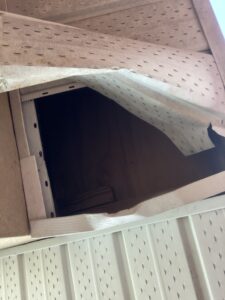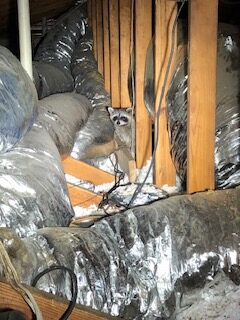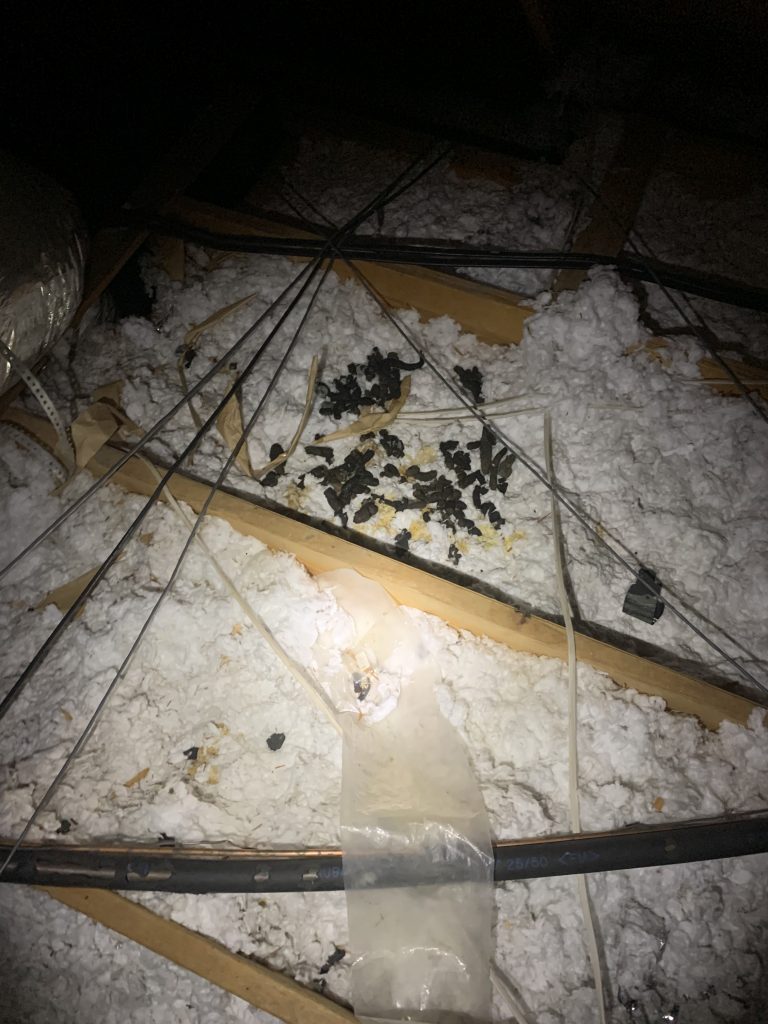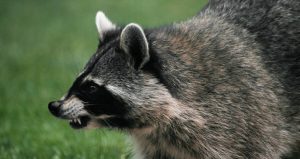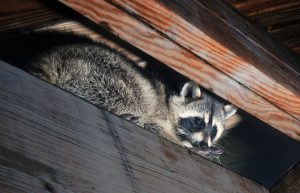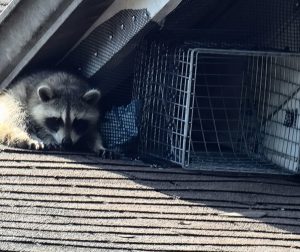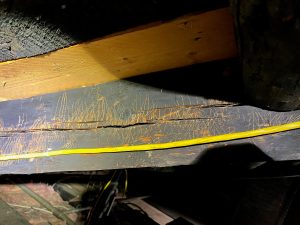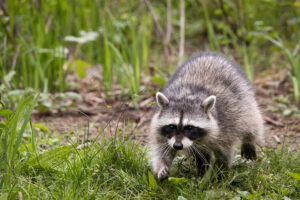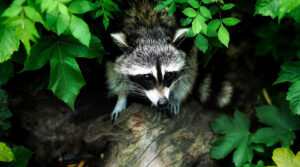Perhaps more than any other animal, raccoons thrive in urban and semi-urban environments. There are several reasons for this. First, they are intelligent, which allows them to problem solve and adapt to an ever-changing environment. Second, they eat almost anything, as their well-documented habit of raiding trash cans illustrates. Third, they are nocturnal, which allows them to avoid humans and predators alike.
These qualities also make them some of the world’s most aggravating pests. This blog aims to shed light on the common problems caused by raccoons, providing useful information to homeowners and offering actionable solutions.
Raccoon Behavior and Habitats
Raccoons are usually gray with black and white markings. The most common way that raccoons are identified are by their bushy, striped tails and mask-like band of black fur under their eyes.
The natural habitat for raccoons is wooded areas close to water. Hollow trees are the natural den sites for raccoons. But they have adapted to urban, suburban, and agricultural areas.
Raccoon Diet and Denning Preference
True omnivores, raccoons will eat just about anything. Their diet often depends on their environment. Common foods for a raccoon include fruits, plants, berries, nuts, insects, rodents, frogs, eggs, crayfish, and, of course, whatever they can scrounge out of a garbage can.
Raccoons make their dens in tree cavities, abandoned fox or woodchuck burrows, brush piles, rock crevices, attics, chimneys, sheds, sewers, and other structures.
Raccoon Intelligence
Raccoons are known for their high intelligence. Their smarts are what have allowed them to thrive in human-dominated environments while so many other species have failed. Their intelligence, when combined with their dexterous paws, gives them the ability to manipulate a wide variety of objects intended for human use. For example, raccoons have been observed operating doorknobs, jars, and latches with little difficulty.
Raccoon Damage
As one of the larger nuisance animals, raccoons can cause significant damage to your house and property.
Raccoon Roof Damage
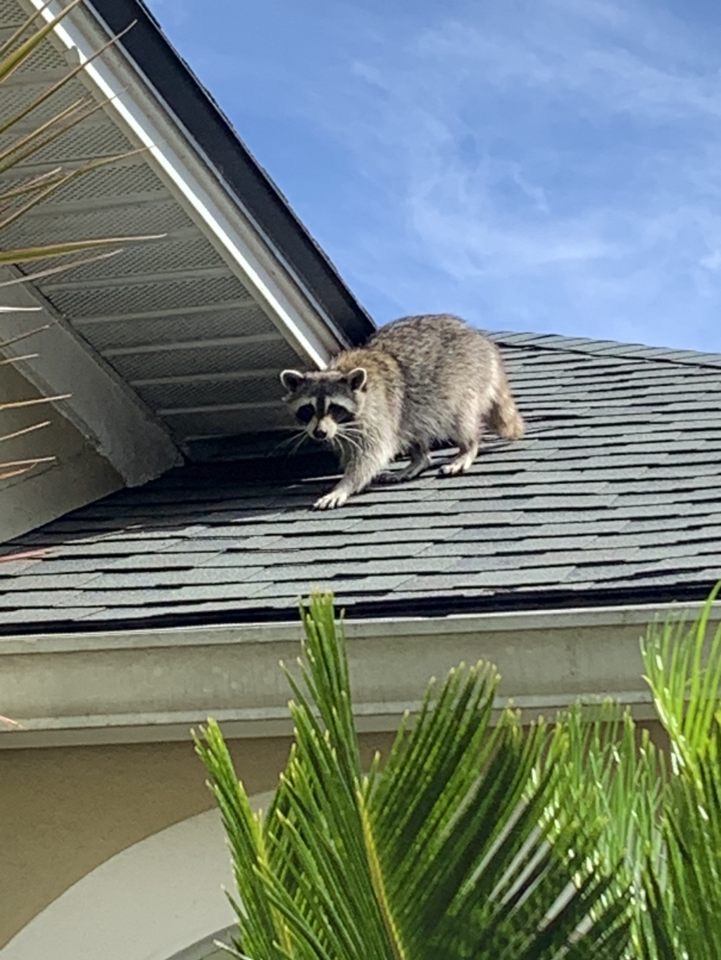
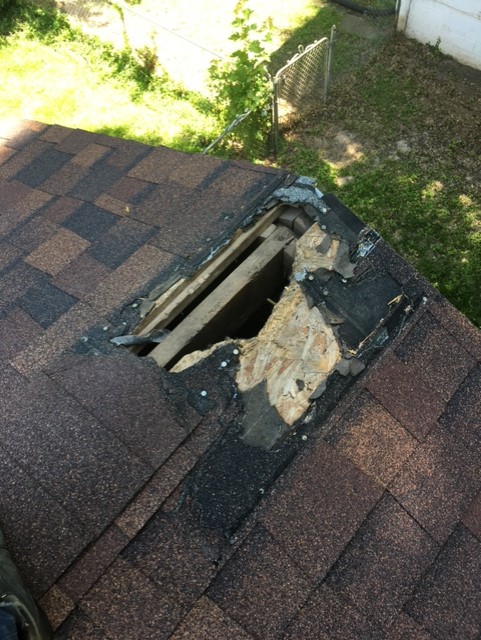
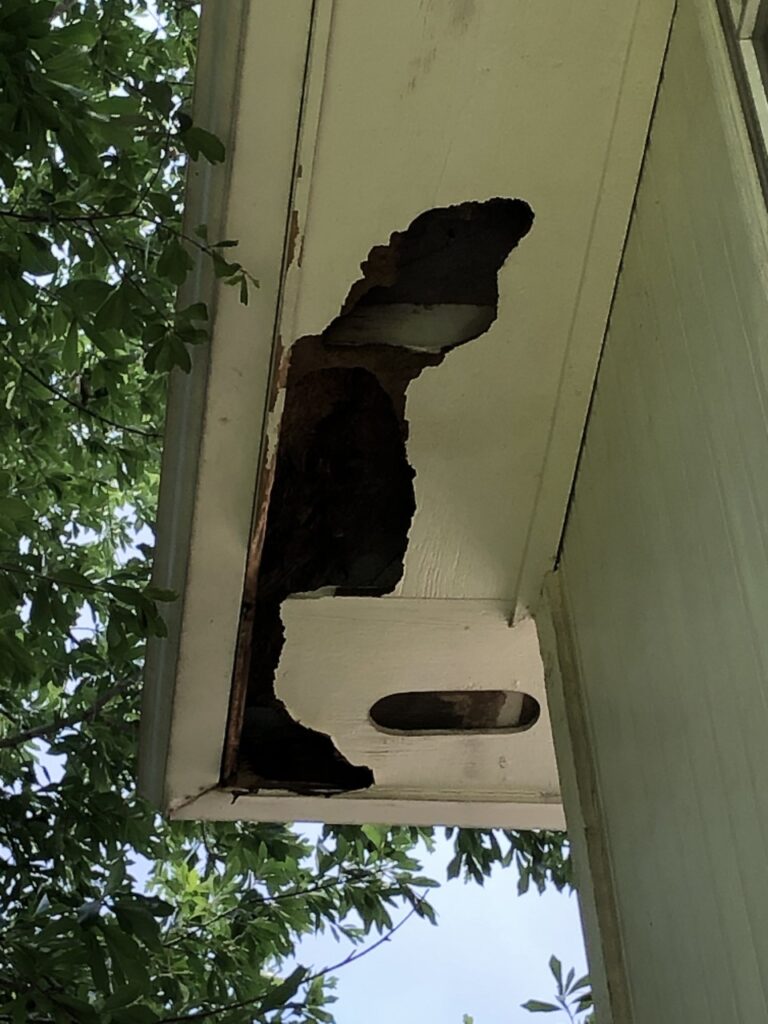
Raccoons are excellent climbers. They gain access to your roof either from nearby trees or climbing the siding of your home. Once on your roof, they can cause shingles to slide, destroy gutters, and leave raccoon droppings.
Raccoons often damage roofs when creating entry points.
Despite the fairly large size of raccoons, the hole doesn’t have to be big. An adult raccoon can fit into a hole the size of a softball (3-4”).
They can tear off shingles, fascia boards, and soffits. They can bend and warp roof vents in their efforts to den in your home.
Raccoon in Attic Damage
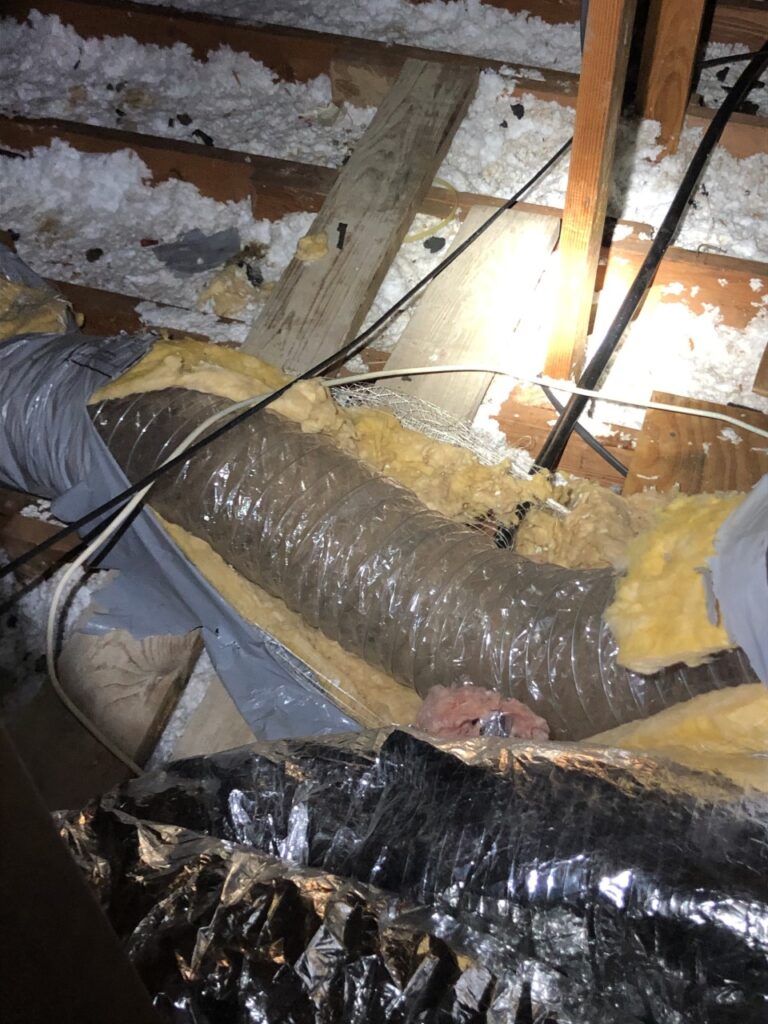
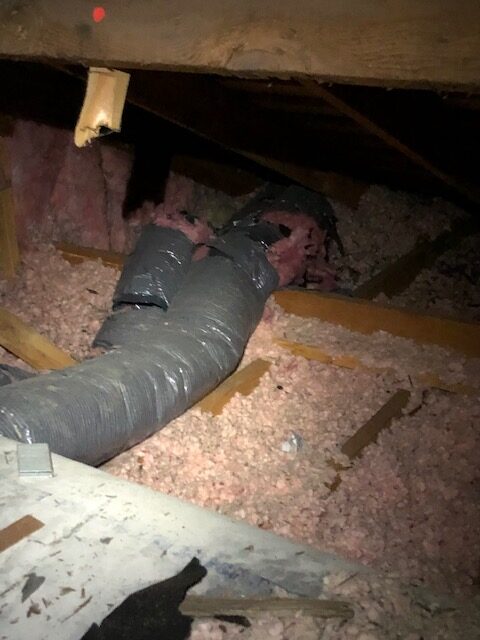
Despite the fairly large size of raccoons, the hole doesn’t have to be big. An adult raccoon can fit into a hole the size of a softball (3-4”).
When raccoons get into your attic, further structural damage happens. Raccoons may chew and claw through wooden beams, insulation, electrical wires, pipes, duct work and other structural components, potentially causing serious damage to the attic and your home’s infrastructure.
But perhaps the most worrisome damage raccoons cause is to electrical wires. These frayed wires represent a significant fire risk. Raccoon damage often has a deleterious effect on home value, and homes that have been ravaged by raccoons will likely be harder to sell or rent out.
Female raccoons will build nests in your attic. They often tear open the insulation in that attic to build nests. This decreases the thermal efficiency of your home and may result in higher heat bills.
Raccoon Latrine Sites
Raccoons create separate latrine sites for their poop. Typical latrine sites in residential areas are on roofs, in attics, next to woodpiles, under decks, or in crawlspaces.
Their accumulated feces and urine quickly destroy insulation, saturate woodwork, and cause a noxious odor.
Raccoon feces spread raccoon roundworm, which is a serious health hazard for residents repairing raccoon damage to homes.
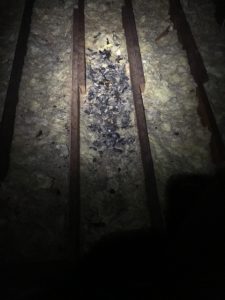
Nuisances and Health Concerns
Raccoons present very real health concerns. Like many nuisance animals, raccoons can carry numerous diseases that can be spread to humans and pets.
Some examples of diseases that raccoons can carry include Baylisascaris, Leptospirosis, Rabies, and Canine Distemper Virus.
Professional Raccoon Damage Repairs
If you suspect you have a raccoon problem, call the wildlife removal experts at Trutech promptly, as these wild animals can be incredibly destructive.
If the raccoon problem is active, we trap and remove the raccoon from your home. Once all raccoons have been evicted, install exclusion devices. Your home has proven to provide resources for a raccoon. Ignoring raccoon entry points invites future pest problems.
Repairing damage like frayed electrical wires, destroyed insulation, or disinfecting raccoon feces requires caution and a specific skill set.
At Trutech, we not only remove and exclude the raccoon from your house, but we also repair the damage and clean up the feces.


